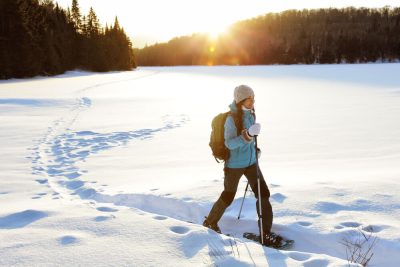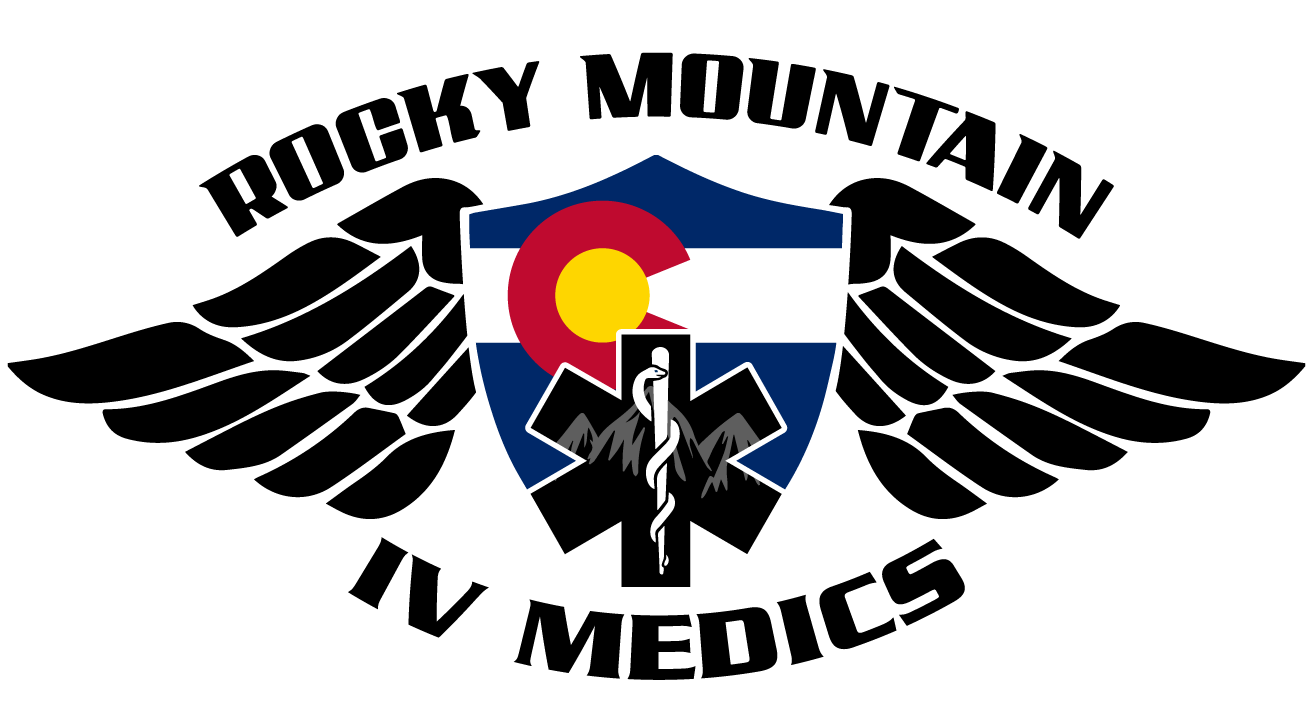Hydration for Skiing & Snowboarding: Tips for Peak Performance

Muscle Growth for Women: Tips & Strategies
March 14, 2023
Top Supplements for Extreme Athletes: Boost Performance & Recovery
March 28, 2023Hydration for Skiing & Snowboarding: Tips for Peak Performance

While carving the slopes or gliding across the ice, the last thing on your mind is likely hydration. After all, it’s much harder to become dehydrated in cold weather, right? The truth is athletes who participate in snow sports need to focus on their hydration, too. Sure, they might not sweat as much as marathoners or soccer players on a hot day, but they still lose water over time.
The effects of dehydration in cold weather can zap your energy, steal away your focus, and hurt your performance. So, it’s time to get serious about staying hydrated in cold weather.
Why Is Hydration Important?
It’s no leap to say that water is the cornerstone of human life. After all, we’re mostly made of H2O. Our organs, including our brain and heart, need water to function. Water fills our cells. It helps our bodies regulate temperature and lubricates joints. Adequate hydration can also support clear thinking, quality sleep, and a good mood.
How Much Water Do You Need?
This is a surprisingly contentious question. The general rule of thumb is roughly 11 daily cups of water for women and 16 cups of water for men. However, individual needs may vary depending on age, body size, and activity level. For instance, a competitive downhill skier will need more water than a sedentary office worker of the same age, gender, and size.
As an athlete, monitor your hydration levels and determine how much water makes you feel good and supports your athletic progress.
Dehydration in Cold Weather
Cold-weather athletes may actually need to focus on their hydration more than warm-weather athletes. This is because athletes who work out in warmer temperatures can feel themselves sweating, and hydration is also a topline issue incorporated into every aspect of their training and competitions.
Cold-weather athletes may be more likely to overlook their hydration needs because it can be difficult for skiers, ice skaters, snowshoers, and others to feel themselves sweating. They may also feel less thirsty in cold weather.
However, hydration is still important. Cold-weather athletes lose water in several different ways:
- Sweating: Cold-weather athletes sweat, too. In fact, when you strip down to your base layer of clothing, you may notice that you’ve worked up a significant sweat after a day on the slopes.
- Breathing: Why is your breath visible in cold weather? That’s the water vapor from your breath freezing. Every breath you take releases minute traces of water from your body, which can add up over time, especially over long training sessions.
- Urinating: Everyone does it. When you use the bathroom, your body loses hydration.
The Effects of Dehydration in Snow Sports
Dehydration is a risk for cold-weather athletes, so keep an eye on how you feel. Common early dehydration symptoms include:
- High level of thirst
- Muscle weakness and fatigue
- Dizziness
- Confusion
Dehydration can increase your chances of making a mistake or getting injured, especially when focus and split-second decisions are critical for success. If you begin feeling the symptoms of dehydration, it’s important to stop what you’re doing and begin hydrating right away.
Staying Hydrated in Cold Weather
If you want to do your best in snow sports, take hydration seriously. Dehydration can lead to cold weather fatigue and a drop in your performance. Here’s how to keep up your hydration.
Hydrate Early
Good hydration doesn’t start on the chair lift to the top of the slopes. Instead, prepare your body by hydrating roughly four hours before you start your cold-weather workout, practice, or competition.
Eat Hydrating Foods
Many automatically think of guzzling water or sports drinks in order to get hydrated, but much of the water you take in comes from your food. Before, during, and after your workout, choose hydrating snacks and meals, including:
- Fresh fruit
- Veggies
- Soups
- Smoothies
Hot Drinks Work, Too
You may not crave chilled water before tromping out onto the snow or ice. Despite rumors, hot drinks like tea and coffee are not actually diuretics and are, therefore, not dehydrating. So, enjoy a cup of tea, a soothing coffee, or even a delightful mug of hot cocoa.
Bring Water With You
If possible, bring water or liquids with you during your activity or keep water close at hand. Consider wearing a ski hydration pack or keeping a small bottle of water in your jacket. If you’re at an ice skating rink, keep a water bottle outside the rink for easy access during your rest periods.
Don’t Forget About Electrolytes
You may not sweat as much as a warm-weather athlete, but even snow sports can make you perspire, especially if you’re wearing a lot of layers. When you sweat, you lose salt, which you need to replace, so add electrolytes to your hydration routine. You can put electrolyte tablets into your water bottle, eat electrolyte chews, or buy sports drinks (just watch out for the sugar content).
Hydrate After Your Activity
After you retire from the slopes or finish in the rink, begin replenishing the water you lost during your workout. Warm up with a cup of tea, make some soup, or sip water on the way home from practice.
Try a Hydrating IV
If you struggle to hydrate enough or need extra help hydrating before or after a big competition, IV hydration may be a good option. IVs can deliver saline, vitamins, minerals, and medicines directly into your bloodstream for optimal absorption. The saline, in particular, delivers fast and effective hydration and also includes electrolytes. Depending on which IV infusion you choose, the vitamins and other ingredients can also help boost your energy and focus and support a healthy immune system.
Boost Your Performance by Boosting Your Hydration
Staying hydrated in cold weather isn’t difficult, but it does take focus and commitment. Being well-hydrated can stave off cold weather fatigue and help you achieve peak performance levels in your snow sports.
If you want fast and effective hydration, try a hydrating IV from Rocky Mountain IV Medics. Our registered nurses and certified paramedics will give you an IV treatment at your home, office, or hotel room. If you simply want hydration, choose our Purely Saline IV Package. But if you want to enjoy an infusion of health-supporting vitamins and minerals, our Myers’ Cocktail is also an athlete favorite. Schedule your IV with us today!

